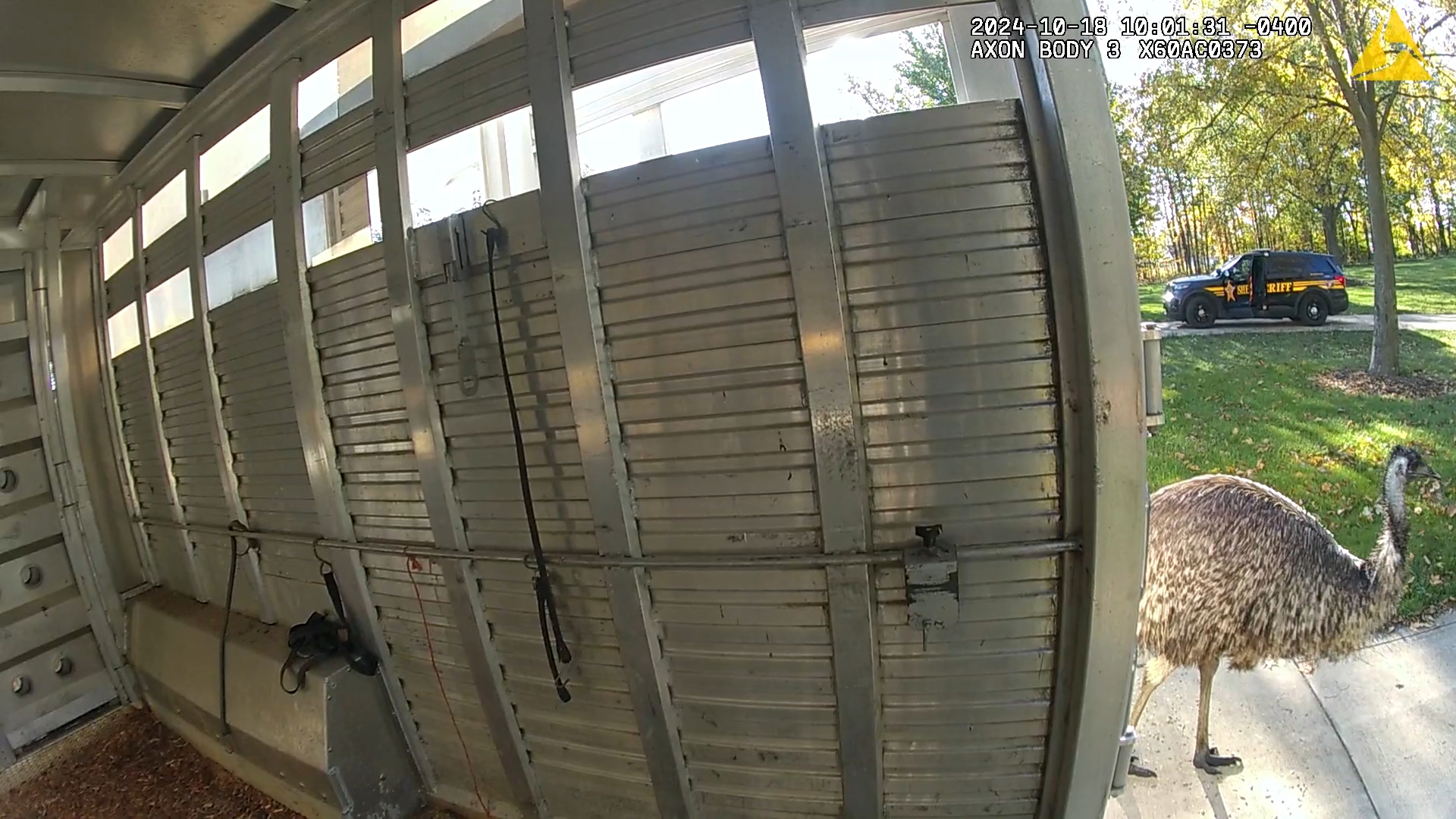POWELL, Ohio — The Columbus Zoo and Aquarium is mourning the loss of its 13-year-old elephant, Beco.
He was recently diagnosed with Elephant Endotheliotropic Herpesvirus (EEHV) earlier this week, the zoo said. EEHV is a life-threatening virus affecting elephants that live in the wild, sanctuaries and zoos worldwide.
On Thursday, the care team noticed that Beco was uncharacteristically lethargic. The Animal Health team collected the elephant's blood and sent it to the National Elephant Herpesvirus Laboratory at the Smithsonian's National Zoo for analysis.
The lab confirmed later that evening that Beco was positive for EEHV.
Since his diagnosis, Beco received regular plasma, whole blood and stem cell infusions by his care team. He ultimately passed away Saturday morning.
“The loss of any animal is hard, but losing a young, elephant is especially devastating. We are extremely grateful for the support we have received from our colleagues at other zoos, and the condolences from our community, who mourns with us. Even during these sad times, Columbus Zoo staff remains committed to the future of wildlife and we take some comfort knowing that valuable scientific data from Beco’s illness will be applied to helping to save the lives of other elephants,” said Tom Schmid, President and CEO of the Columbus Zoo.
Beco was born at the zoo on March 27, 2009. He was named after his parents, Phoebe and Coco. The zoo said his spirited personality fulfilled a big role in the elephant herd.
According to researchers, elephants can carry different herpesviruses throughout their lives and usually, those viruses remain dormant and do not cause illness. Elephants are most susceptible to EEHV from ages 1-8 years, though elephants in their teens have also died of the virus.
Adult elephants are less likely to die from the virus because their immune system is more robust.
Beco is the second elephant to succumb to EEHV at the Columbus Zoo. Ganesh, a 7-year-old Indian elephant, died in 2005.



